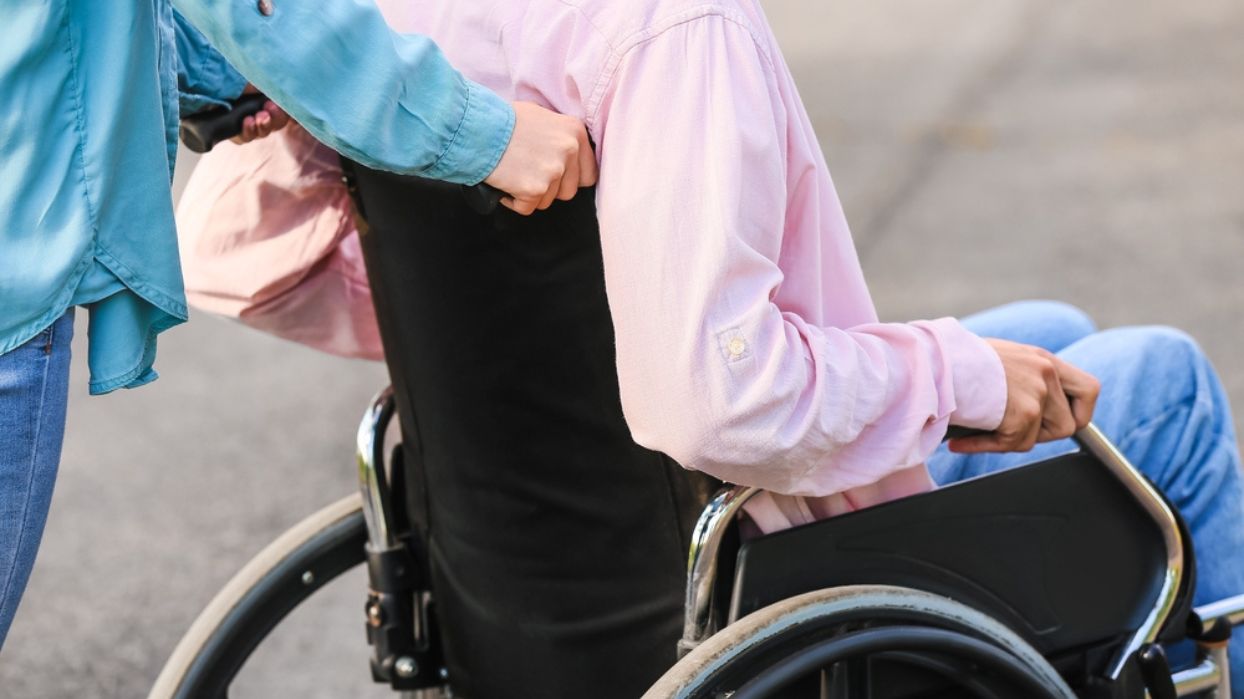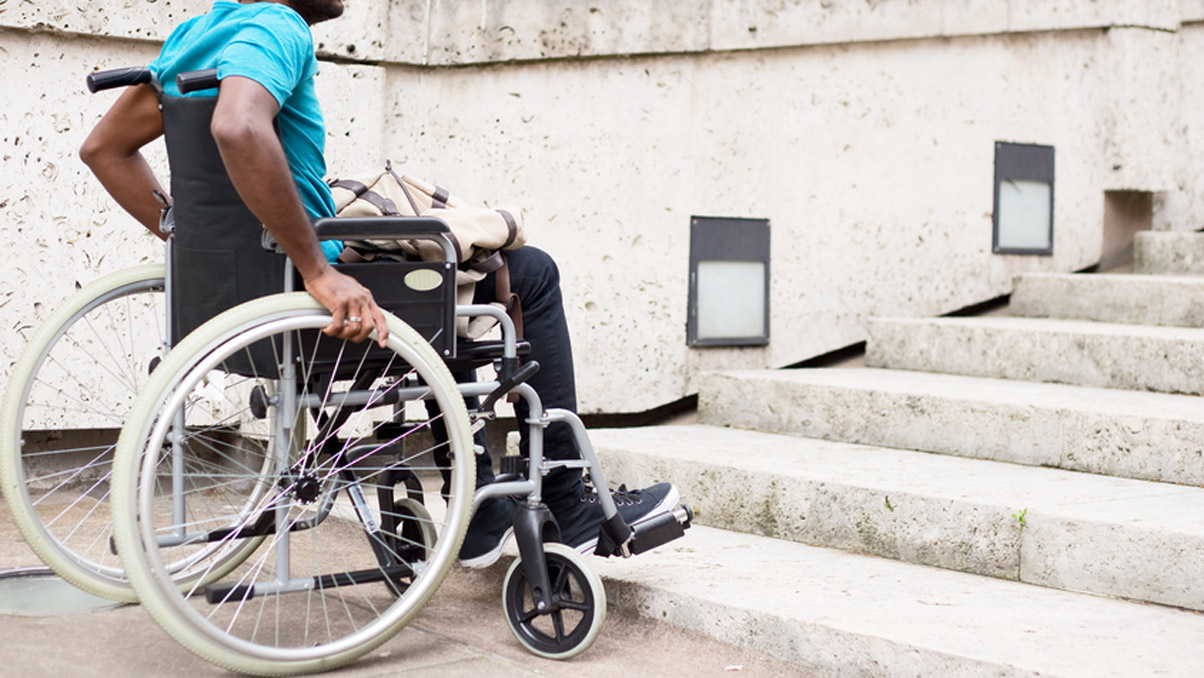The International Labour Organisation (ILO) observes its World Day for Safety and Health at Work on 28 April. The initiative is an international campaign promoting safe, healthy and decent work around the world.
The ILO began observing its World Day in 2003 to stress the importance of preventing workplace accidents and diseases. The day has become an integral part of its global strategy on occupational safety and health.
Awareness and prevention
The ILO uses its World Day for Safety and Health at Work to raise awareness of how to make work safe and healthy for everyone. In addition, it highlights the need to increase the political profile of occupational safety and health internationally.
The annual campaign also focuses on how promoting and creating a safety and health culture can help reduce the number of work-related deaths and injuries. This has become especially important in recent years, given new and emerging occupational risks caused by technical innovation and social and organisational change.
In June 2022, the International Labour Conference (ILC) included “a safe and healthy working environment” into the ILO’s framework of fundamental principles and rights at work. The ILO will celebrate this right on 28 April by bringing together experts and constituents to discuss its implications and how to implement it in practice.
You can join this global dialogue on ‘How can we promote the fundamental right to a safe and healthy working environment?’ here from 12.30pm until 2pm on Friday, 28 April 2023.
Industrial Injury Disablement Benefit
With awareness surrounding the importance of health and safety at work at an all-time high, our Pro Bono department considers not only the physical and psychological impact on people injured in their line of work but also those left with financial worries as a result.
Welfare benefits such as Universal Credit and Personal Independence Payment are available to assist individuals left with long-term health issues following an accident or injury. There is specific assistance for those who become ill or are injured at work via the Industrial Injury Disablement Benefit (“IIDB”).
Eligibility
IIDB is a payment for people who live with a disability due to an accident, disease or event that happened at work, in connection with work or while on an approved employment training scheme or course. To be eligible, the work accident or event that caused the illness or disability must have happened in the UK.
The scheme covers more than 70 illnesses and diseases, with an extensive list provided by the Department for Work and Pensions (DWP). The DWP also offers guidance on the application process.
Unfortunately, you cannot claim IIDB if you are self-employed.
If you receive IIDB, the monthly amount will be treated as income if you also receive a means-tested benefit such as income-related Employment and Support Allowance (ESA), Pension Credit or Housing Benefit.
Assessment
Once you have provided an application form and medical evidence to the local Jobcentre, you may be required to undergo a medical assessment to determine the weekly rate available to you.
The level of your disability will affect the amount of benefit you may get, which will be assessed by a medical advisor on a scale of 1% to 100%. Usually, you must be assessed as 14% disabled or more to get the benefit.
However, only the level of disability directly attributable to the accident or disease is taken into account when being assessed for IIDB. This is in contrast to PIP, which considers an individual’s struggles with daily living tasks and mobility. If you have an unrelated or pre-existing condition, the medical advisor will not include the effects of that in your percentage disablement.
Depending on the extent of your disability, this assessment will last:
- for a fixed period, or
- for life.
You can be reassessed if the level of disability caused by your accident or disease worsens over time or when a fixed period assessment ends.
How can the Legal Service help?
As a part of Stewarts’ free Legal Service, we help people who have suffered serious injury determine their eligibility for welfare benefits to ease any financial woes they may experience while unable to work. Support is available throughout the application process, and guidance is offered with an appeal should this be necessary.
The following case study details our assistance to an individual (‘SM’) with an application for Industrial Injury Disablement Benefit (“IIDB”) following an accident at work.
SM was involved in an accident while working at a recycling centre in September 2022, which resulted in a below-the-knee amputation when his leg became trapped in a baling machine.
Stewarts met SM in October 2022 and was instructed to assist with SM’s personal injury claim and a range of non-compensation issues, including an Industrial Injuries Disablement Benefit (“IIDB”) application.
SM speaks very little English and relies heavily on an interpreter to communicate on most, if not all, personal matters. In addition to the language barrier, SM lives alone and lacks a support network of friends or family in the UK, leaving him in a vulnerable position during his recovery. SM is slowly adapting to life with a disability, but as someone unfamiliar with the welfare benefits system, the biggest barrier since suffering his injuries is obtaining adequate sources of income.
Our pro bono team helped SM apply for IIDB. Due to the severity of SM’s disablement, his eligibility for the benefit could be anywhere between 50-100%. This equates to a weekly rate on a sliding scale of between £103.80 to £207.60, subject to an IIDB assessment of SM’s medical evidence and employment before the accident.
If you are successful with an IIDB claim, any entitlement you receive can be backdated for up to three months from the date of application. In SM’s circumstances, this may be as far as the date of his accident, which crucially may prevent any substantial loss of income due to his injuries.
As SM will unlikely be able to return to any form of physical employment, it was important to ensure he can access all welfare benefits and grants available to him. IIDB applications can be made in addition to PIP applications, meaning an applicant can continue to afford living in much the same way as before their accident. Receipt of IIDB also helps individuals consider the extra daily expenses arising from their injuries, which may not be sufficiently covered by generic benefits such as statutory sick pay or Universal Credit.
Unfortunately, these claims can take a considerable time to process, with current waiting times at more than six months. As such, a claim should be made as soon as possible.
Written by senior paralegal Shanice Browne and paralegal Sara Palinska.
Subscribe – In order to receive our news straight to your inbox, subscribe here. Our newsletters are sent out once a month.






